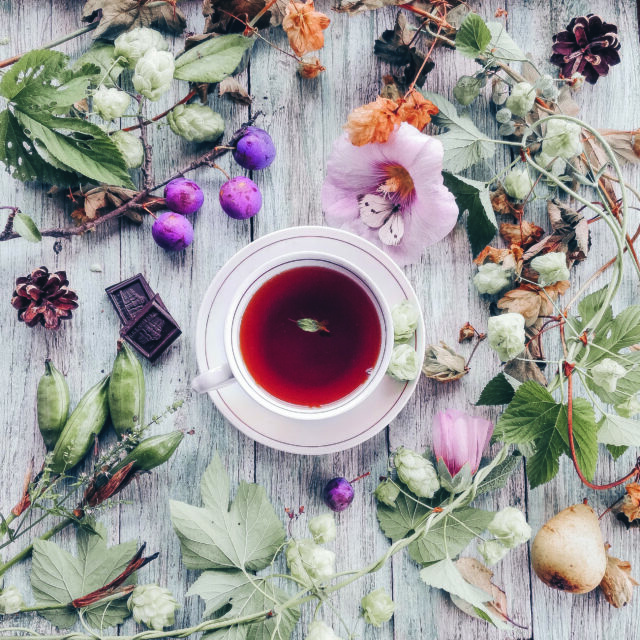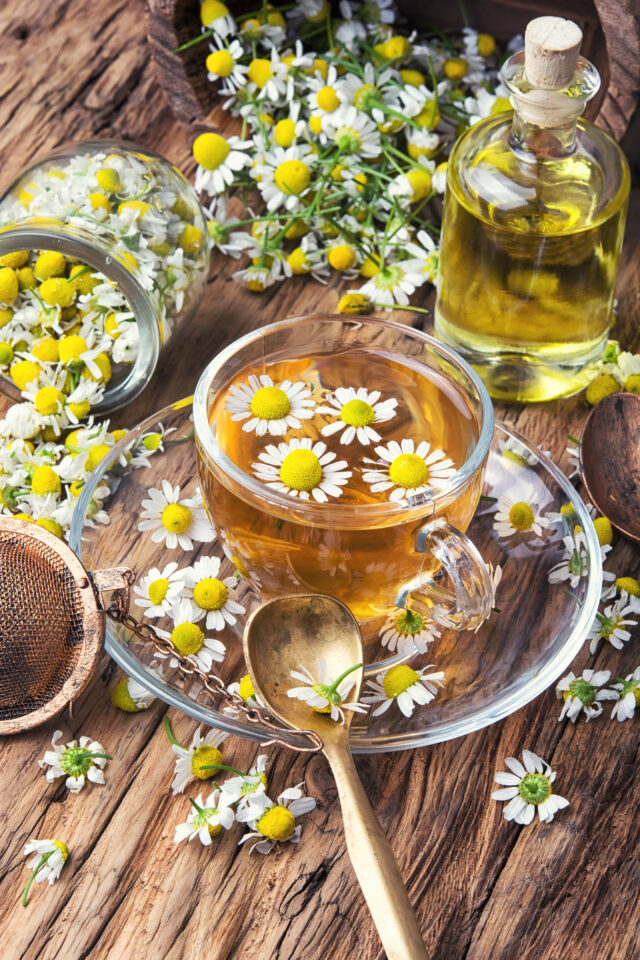
optimal nutritional profile and healthier, happier brains. Photograph by Lidiya Pavlikova
By Marci Moreau
You can call it nutritional neuroscience, neuronutrition or nutritional psychology, but I like to call it exactly what it is: the power of food. Emerging research is exploring the impact of food on the brain and mental health. Science is examining various components of the diet, and finding connections between food with an optimal nutritional profile and healthier, happier brains.
Perhaps one of the most significant connections has been made between gut and brain. This second brain, our enteric nervous system (ENS), is found in the lining of the gastrointestinal system and regulates feelings of stress and happiness. Communicating to the brain through neurotransmitters, the ENS is central to the release of hormones: An estimated 90 percent of the body’s serotonin and half of the body’s dopamine can be found in the gut.
Research tells us that certain foods decrease stress and anxiety, as well as more complex mental health issues, including depression and PTSD. The body—all of it, the cells, the neurotransmitters—reacts to food. Putting the right foods into the body helps to optimize overall functioning.

There is an old Spanish proverb that says “the belly rules the mind.” We need to put the right foods and drinks in the belly to make the mind a better place. Chamomile tea, for example, is easy to incorporate into the diet. As an anxiolytic—it reduces anxiety—chamomile contains an antioxidant called apigenin that binds to receptors in the brain, decreasing unpleasant symptoms of stress. Apigenin can also be found in parsley, artichokes, celery and cherries.
High-protein foods like lean meats, chicken, turkey and eggs contain amino acids that help the body create dopamine. Turkey works double duty, because it also contains tryptophan, which acts as a precursor to serotonin, giving the body more of what is needed to feel good. Since the body cannot produce tryptophan, we have to get it through dietary choices, including plant-based options such as spinach, broccoli, mushrooms, bananas, sunflower seeds and pumpkin seeds.
Another real nutritional winner is dark chocolate. It contains magnesium and flavonoids (both flavonol and flavanol), and can help stabilize mood, decrease depression, and make us feel much calmer and more centered.
Marci Moreau is the principal developer of true food company Nature N Nurture. She is certified in integrative medicine and nutrition for mental health, and has a nutritional counseling practice. naturennurtureorganic.com
|





